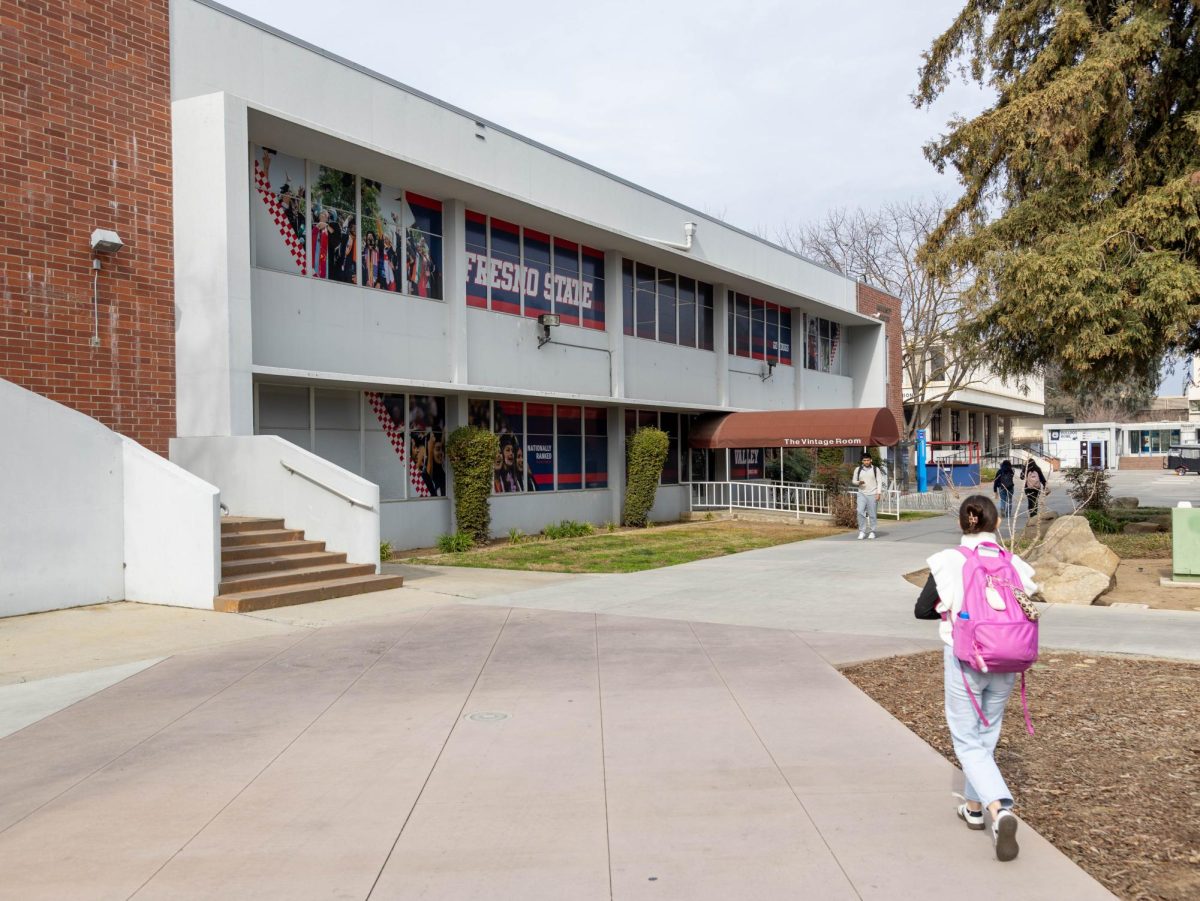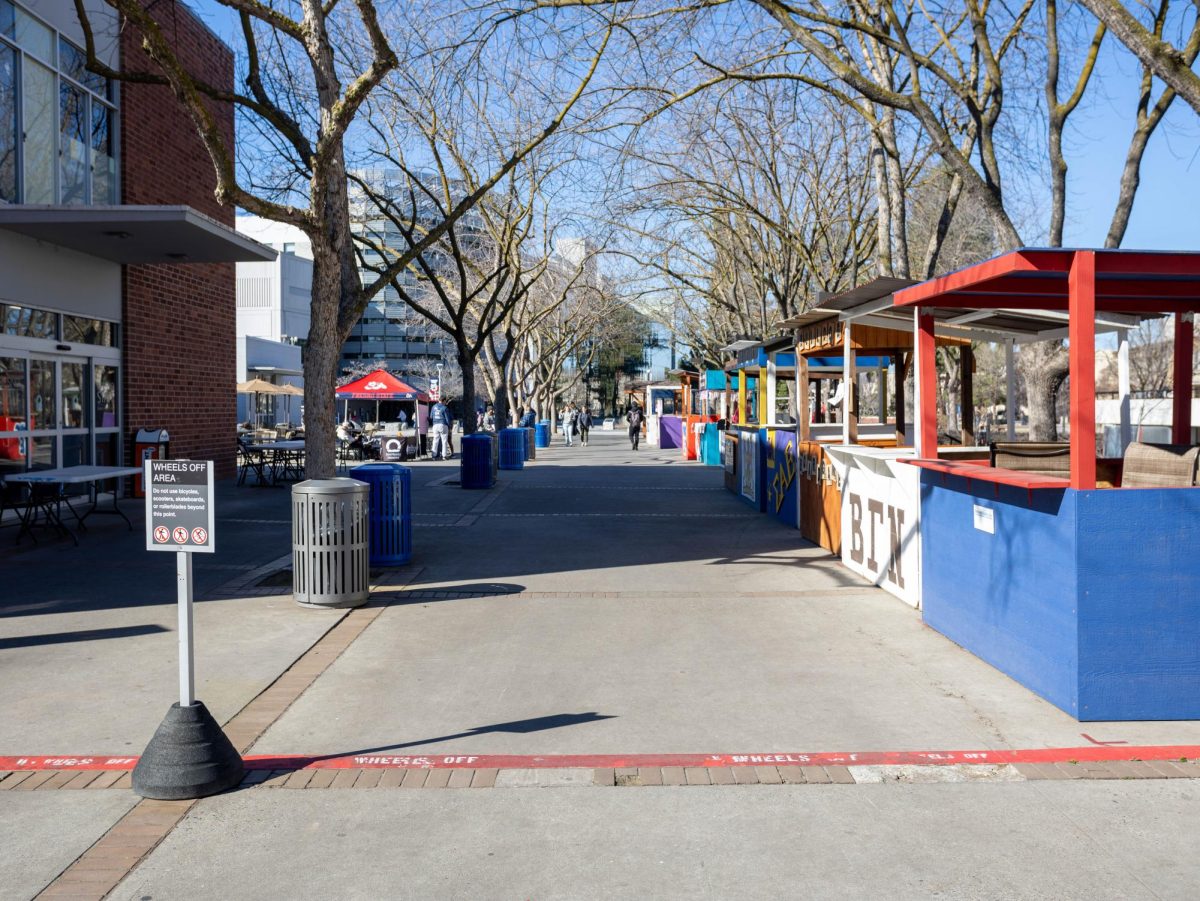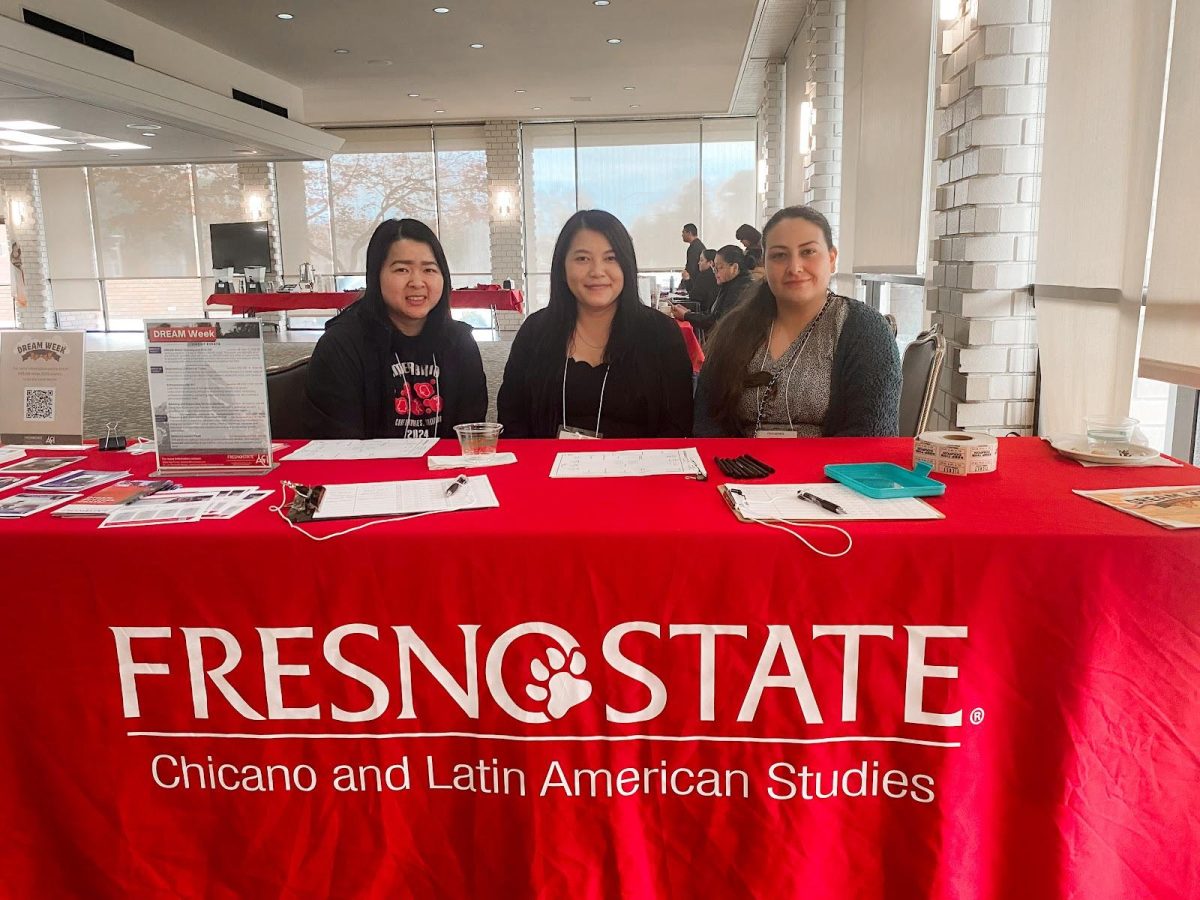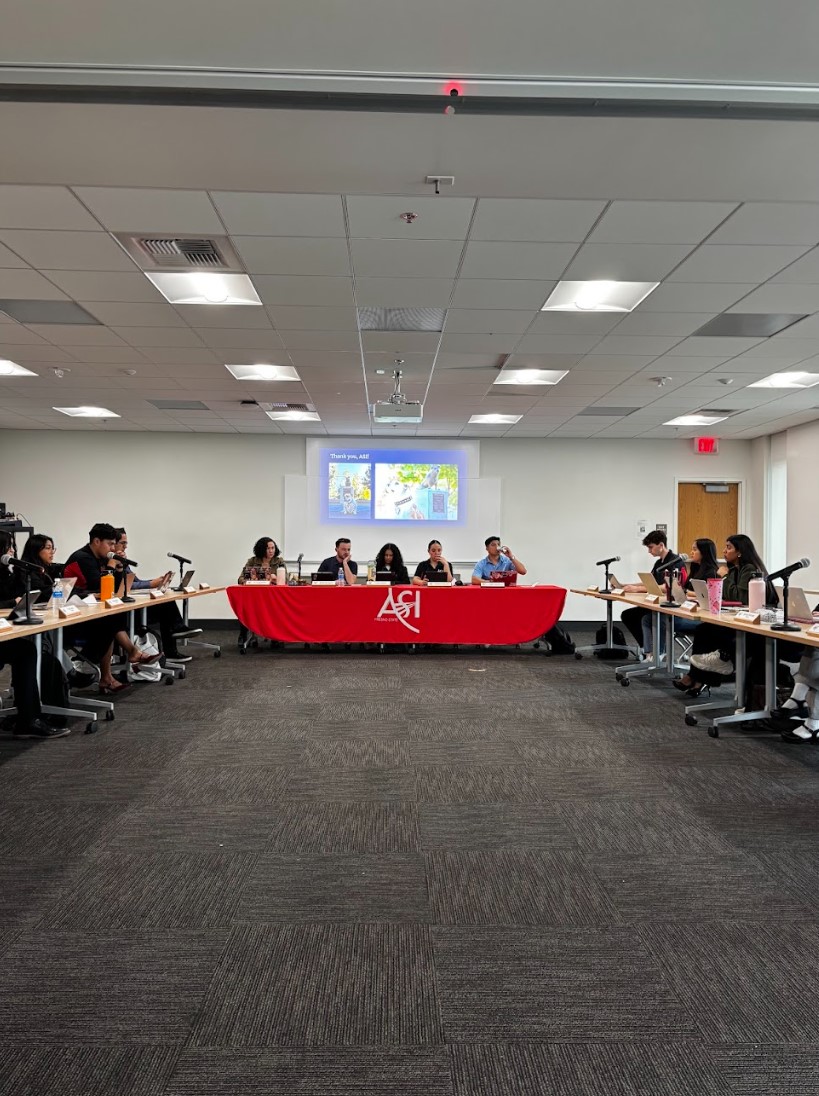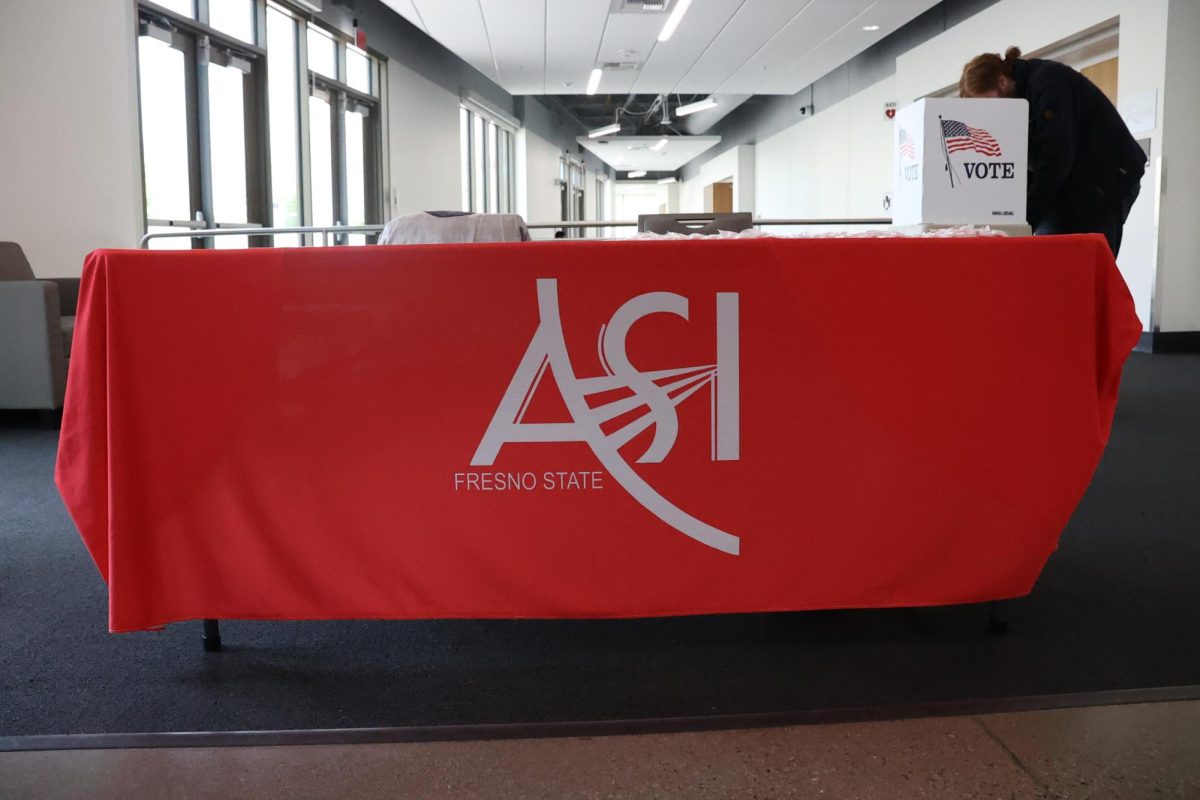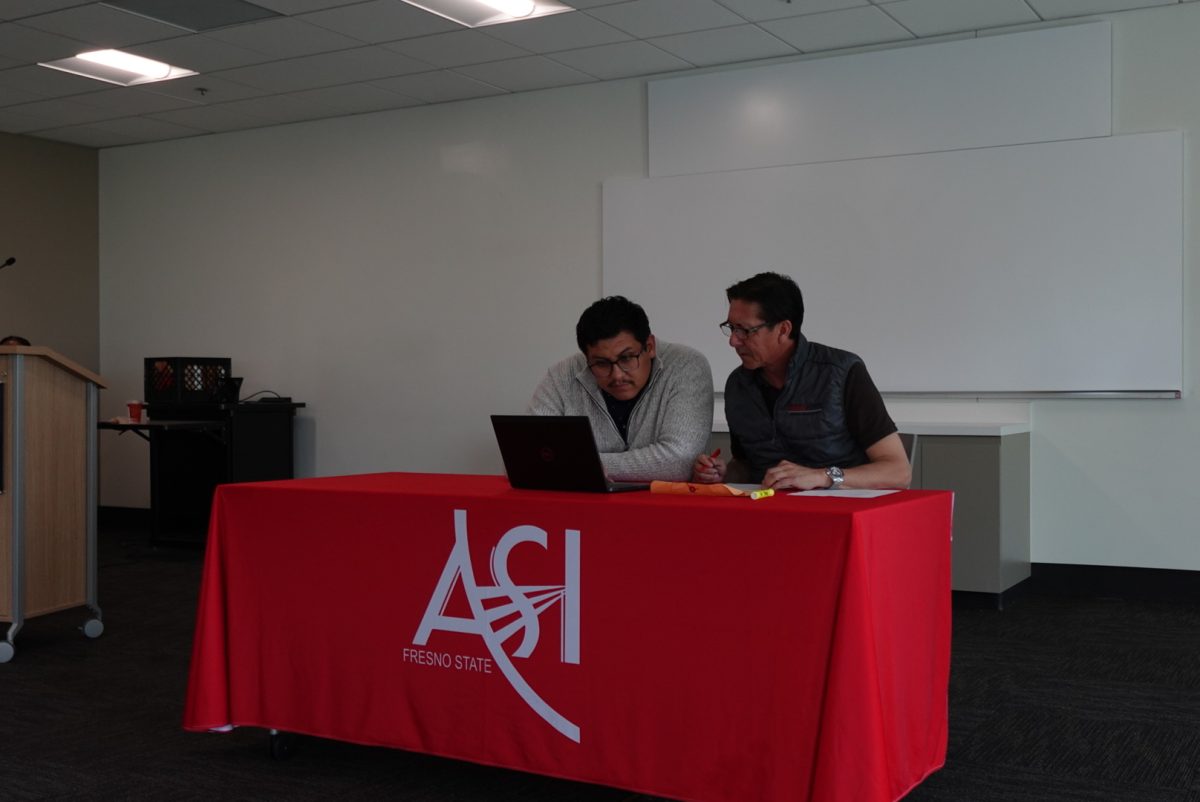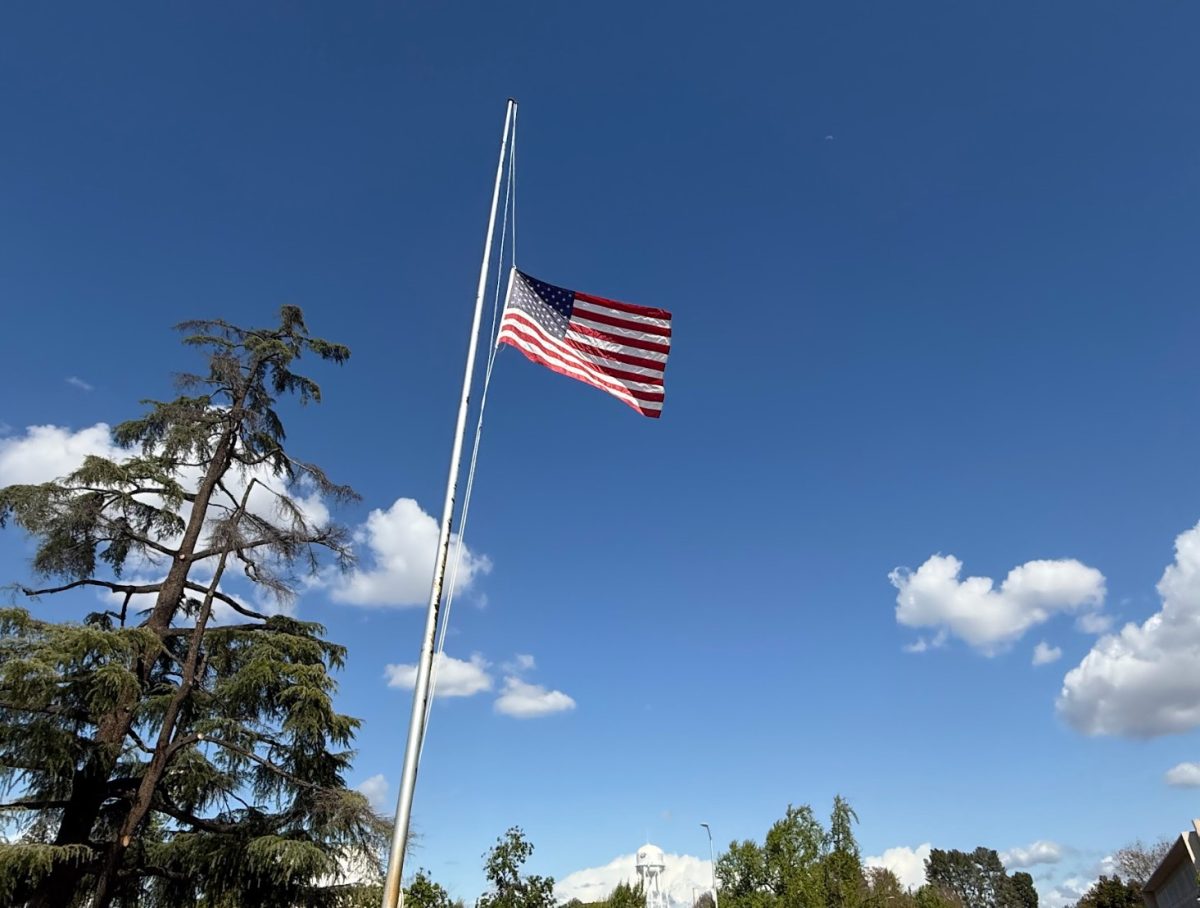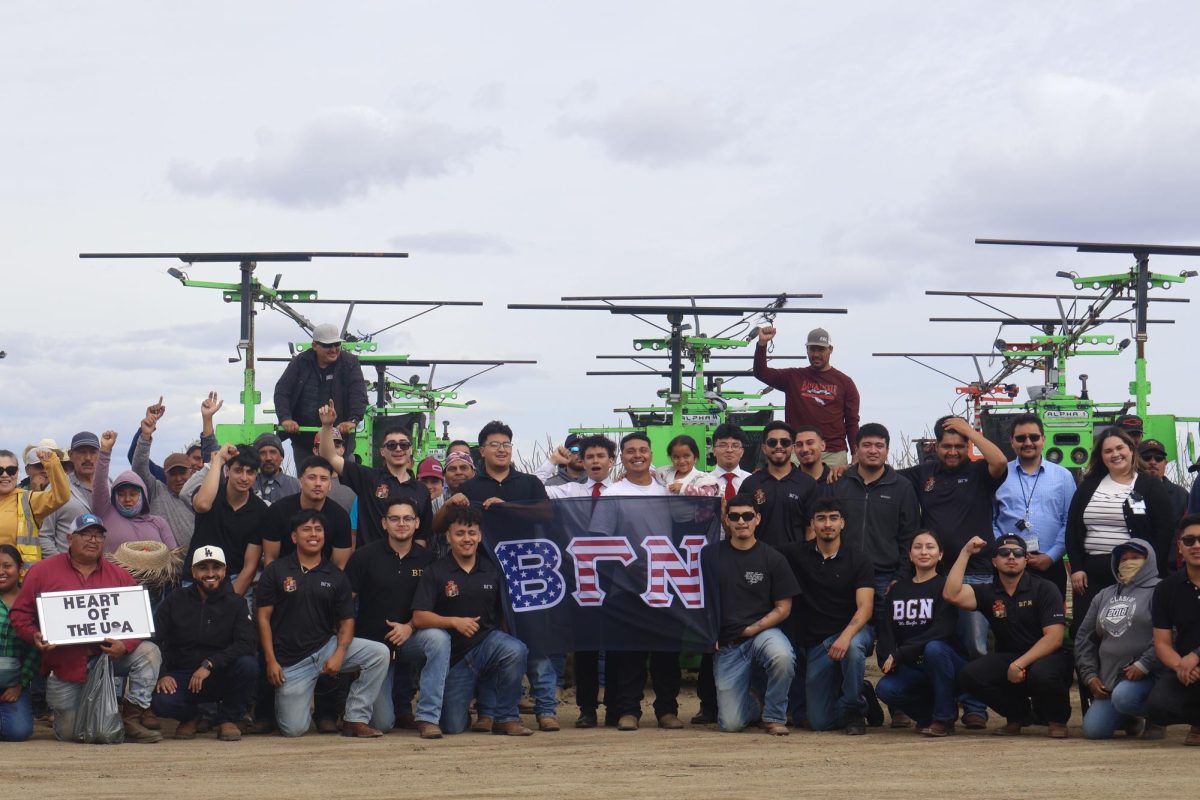Amid a federal court ruling and an ensuing federal directive from the U.S. Department of Education (DOE) Office for Civil Rights on Title IX regulations published on Feb. 14, the California State University (CSU) system has developed an interim nondiscrimination policy and procedures for both students and employees.
Fresno State Public Information Officer Lisa Bell provided a statement from the CSU’s Chancellor’s Office issued at the time the federal directive was published.
“The California State University is aware of the recent letter issued by the Department of Education’s Office of Civil Rights regarding race-conscious student programming and DEI. As this type of action is unprecedented, we are consulting with the California Attorney General and higher education partners across the country to better understand the statewide impact of this letter,” it read.
In August 2024, the DOE issued a new set of Title IX regulations that offered more flexibility when dealing with Title IX cases. However, following a ruling by a federal district court in Kentucky, no portion of the 2024 Title IX regulations is in effect, and investigations must follow the 2020 version of the Title IX process and regulations, as outlined in the federal directive.
Peter Lim, an interim assistant vice president for Title IX & Equal Opportunity at San Jose State University, described this as a more “prescribed process for investigating complaints,” thus a three-track system was implemented.
“When we were directed to [follow the 2020 IX regulations] in January, just like every school nationwide that receives federal funding, we created this three-track system,” Lim said.
The three-track system is used for processing complaints related to discrimination, harassment and similar offences and is applied to both the interim policy and procedures. Lim said this system was designed to best support the CSU community.
“The purpose of the tracks was designed to ensure we had the best interest of our students, staff and faculty in line,” Lim said.
Depending on the circumstances, each track will be used differently.
For cases that fall within the Title IX criteria—meaning that the incident happened on a CSU campus, program or activity—the case will require a formal hearing, due to federal law, where both parties will be cross-examined by representatives. These cases fall under track one.
Track two covers cases that do not meet the Title IX criteria, but still involve sexual harassment, assault or similar offences. Additionally, an investigation and hearing would still be held, but without a cross-examination, meaning the investigator would gather evidence and question both parties.
Track three applies to all other cases, including those that fall outside of the Title IX framework, but still involve sexual misconduct allegations. Moreover, instead of a formal hearing, a trained investigator will conduct an independent review, an interview with the involved parties and then will make a decision based on the evidence.
Both tracks two and three were designed to be less stressful—hence the absence of cross-examination—to encourage more individuals to come forward and file a complaint.
“For all other complaints, we were going to create tracks that are a little bit less burdensome and that are easier to understand and pursue for our students, staff and faculty—those are track two and track three,” Lim said.
Ella Marie, a pre-nursing major at Fresno State, also said that she thought the removal of cross-examination would encourage students to file a complaint.
“I think the removal of cross-examination would encourage students to step forward because then the student would feel more comfortable to talk about their situation rather than someone questioning them,” Marie said.
Despite the quick process, the integration of the three-track system and the revisions made to create the interim nondiscrimination policy and procedures were done carefully.
“In late January of 2025, the government said, ‘Make the change,’ so we had to do it very quickly,” Lim said. “So within a few weeks, we implemented those changes. Not a lot of time to reflect, but certainly enough time to ensure we’re creating some trauma-informed, healthy practices.”
Once the semester is over, there will be another opportunity to review and formulate a new nondiscrimination policy and set of procedures.
“With the best interest of our students again in mind, we’re going to take some time to reflect over the summer, when we have a little bit more time to think about this policy and procedures and make sure that it is the best version of that policy for our students and employees,” Lim said.
If students, staff or faculty would like to file a complaint, they can do so in-person, online by emailing a Title IX coordinator or through an online reporting form.




